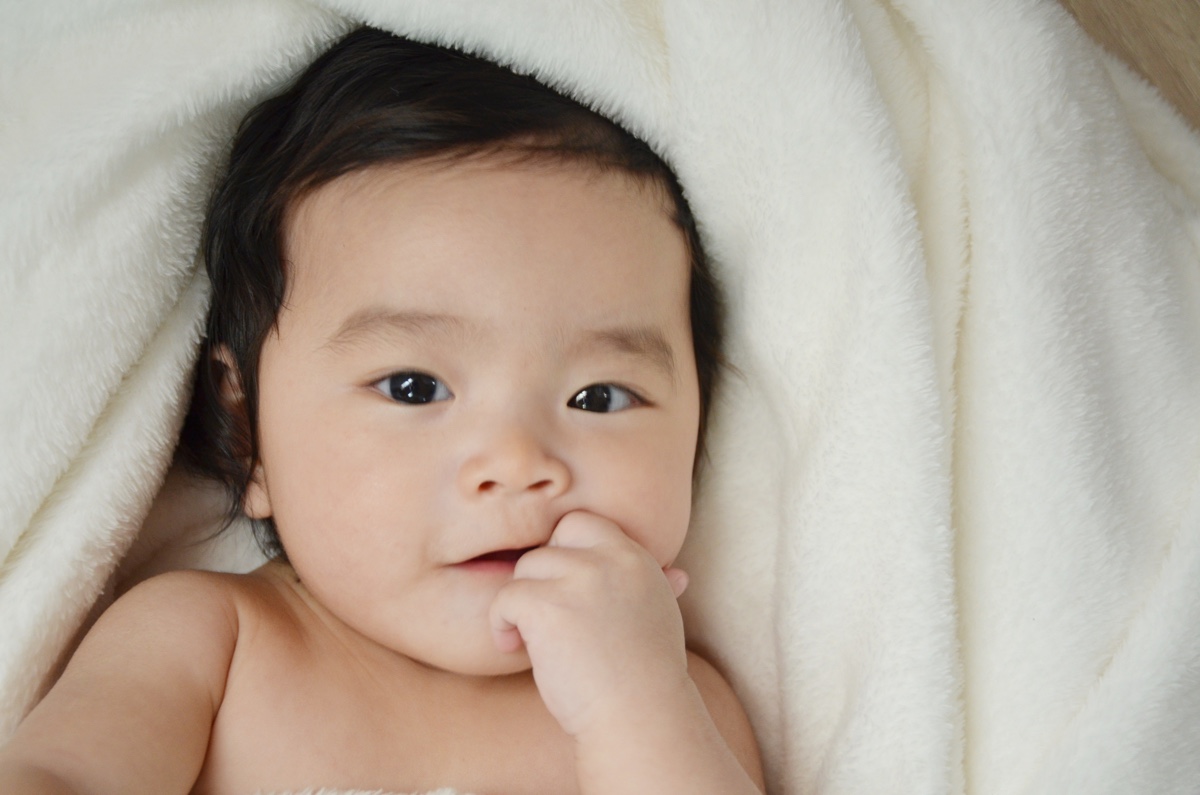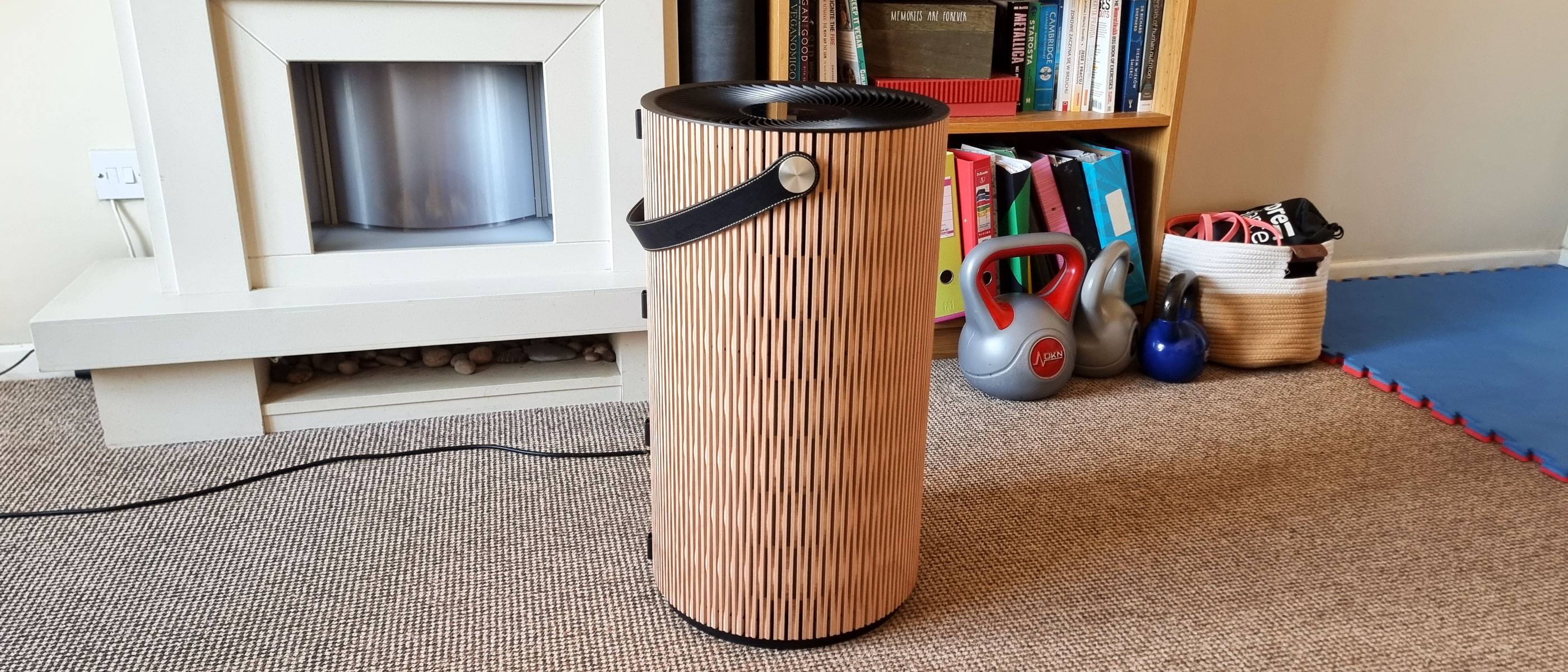Monkey's Voice Good as Human's for Newborn Babies

Get the world’s most fascinating discoveries delivered straight to your inbox.
You are now subscribed
Your newsletter sign-up was successful
Want to add more newsletters?

Delivered Daily
Daily Newsletter
Sign up for the latest discoveries, groundbreaking research and fascinating breakthroughs that impact you and the wider world direct to your inbox.

Once a week
Life's Little Mysteries
Feed your curiosity with an exclusive mystery every week, solved with science and delivered direct to your inbox before it's seen anywhere else.

Once a week
How It Works
Sign up to our free science & technology newsletter for your weekly fix of fascinating articles, quick quizzes, amazing images, and more

Delivered daily
Space.com Newsletter
Breaking space news, the latest updates on rocket launches, skywatching events and more!

Once a month
Watch This Space
Sign up to our monthly entertainment newsletter to keep up with all our coverage of the latest sci-fi and space movies, tv shows, games and books.

Once a week
Night Sky This Week
Discover this week's must-see night sky events, moon phases, and stunning astrophotos. Sign up for our skywatching newsletter and explore the universe with us!
Join the club
Get full access to premium articles, exclusive features and a growing list of member rewards.
ST. LOUIS—Straight out of the womb, infants may be just as aroused by a rhesus monkey call as by human speech.
Infants are acute listeners. Previous studies have found newborns perk up more to folk music than white noise. And four-month-olds like listening to people talk more than they like white noise.
But when it comes to sounds made by all things biological, newborn babies might not discriminate. [Why Pregnancy Really Lasts 9 Months]
The preliminary finding was presented here Friday at the annual meeting of the American Association for the Advancement of Science by Athena Vouloumanos, a psychologist at McGill University.
Surprise
In light of other research the results are surprising.
For instance, scientists have seen changes in fetal heart rates when its mother talks, which suggests the fetus reacts to hearing the mother's voice.
Get the world’s most fascinating discoveries delivered straight to your inbox.
The recent findings imply that an infant's first preference for sounds comes not just from experiences it had while inside the womb. Rather, a baby's listening skills might be honed to human speech during the first few months of life outside the womb.
"It was very shocking," Vouloumanos told LiveScience. "I thought for sure that they would prefer the human speech. I kept testing more babies because I couldn't believe it."
The McGill research group measured a newborn's level of interest in sounds by giving them sterilized pacifiers that measured the frequency and intensity of the baby's sucking.
"There are all kinds of suckers: soft suckers, hard, rapid and slow. When they suck hard, they get to hear a sound, and when they're aroused they suck hard," Vouloumanos said.
No preference
The team tested babies that were 10 to 96 hours old by playing recorded sounds of human speech and alternating with recordings of monkey calls. The researchers chose to use rhesus monkey calls because they have a similar vocal tract to humans.
The babies sucked the same for both sounds.
By three months, babies are aroused more by speech than monkey calls. The results indicate that we may be born with a broad preference for biological sounds, which gets rapidly fine-tuned for species-specific language.
"If these babies spent the first three months with rhesus monkeys, maybe they'd prefer monkey calls," Vouloumanos said.
The research has not been published in a peer-reviewed journal.
Originally published on Live Science.
 Live Science Plus
Live Science Plus










